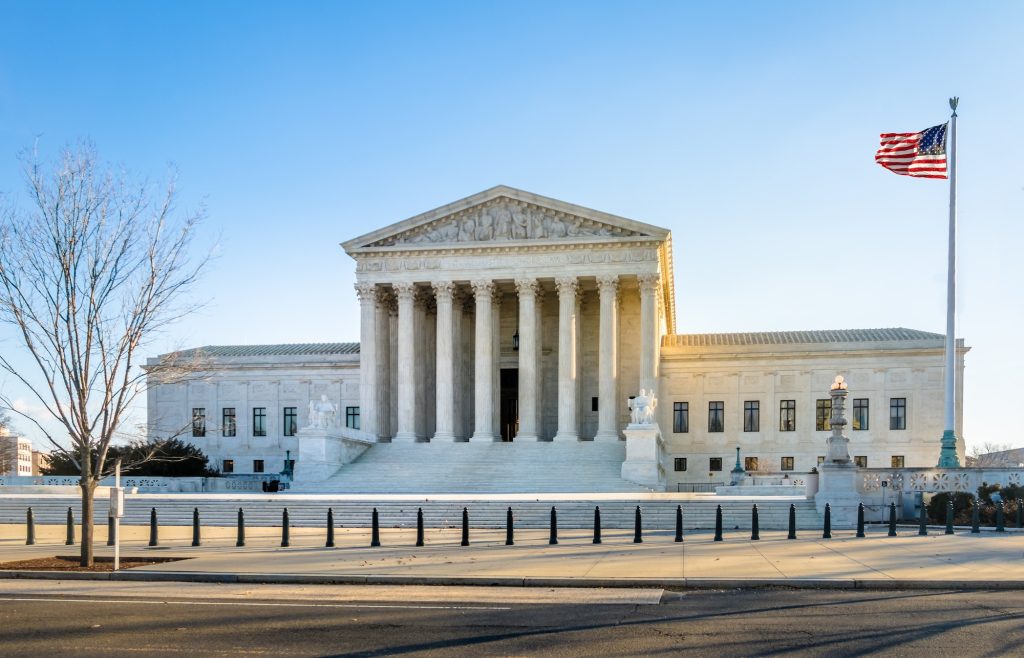Supreme Court’s overruling of Chevron deference alters cybersecurity agenda in the US
The ruling shifts the power to interpret and enforce cybersecurity laws from executive agencies to Congress and the courts, revealing inadequacies in current cybersecurity practices among infrastructure organisations.

The recent decision by the US Supreme Court to overturn the long-standing ‘Chevron deference’ doctrine will have significant implications for the Biden administration’s cybersecurity agenda, particularly regarding the protection of critical infrastructure. The ruling shifts the power to interpret and enforce laws related to cybersecurity from executive agencies to Congress and the courts, marking a departure from the previous approach that relied on agency-led initiatives to enhance cybersecurity practices.
One key takeaway from this development is how it has revealed the inadequacies in the cybersecurity practices of critical infrastructure organisations. Despite the rise in cyber threats targeting these entities, many have failed to implement baseline security measures like multifactor authentication, making them vulnerable to attacks. The absence of stringent regulations mandating such practices has exacerbated these organisations’ cybersecurity challenges.
The Biden administration’s strategy of leveraging existing agency rules to bolster cybersecurity measures is now facing a regulatory overhaul. The government must implement a more comprehensive legislative approach to address cybersecurity gaps.
Looking ahead, the repeal of the Chevron deference doctrine is set to usher in a new era of cybersecurity regulation, with a stronger emphasis on congressional involvement in shaping cybersecurity policies. The increased engagement of legislative affairs staffers, lobbyists, and advocates in the regulatory process shows a shift towards a more collaborative and evidence-based approach to cybersecurity governance.
Why does it matter?
As the landscape of cybersecurity regulation evolves in response to this landmark decision, critical infrastructure sectors are expected to face renewed scrutiny regarding their cybersecurity preparedness. The need for robust cybersecurity frameworks and proactive measures to safeguard vital infrastructure assets has never been more pressing. Therefore, the implementation of comprehensive and effective cybersecurity regulations is becoming imperative.
